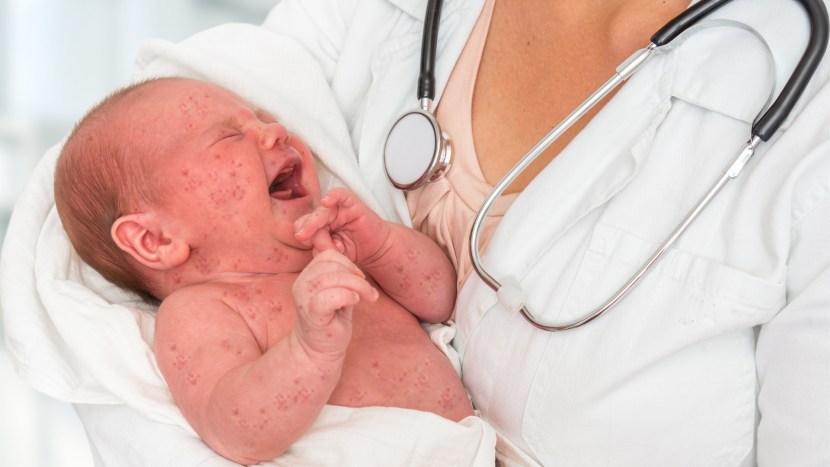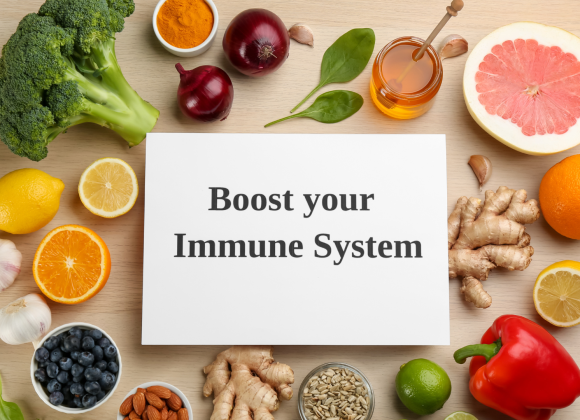A kiss is often seen as a symbol of love and affection, especially toward a newborn. But what if that gentle kiss could transmit a virus strong enough to claim a life? While this may sound dramatic, it’s a tragic reality for some families. Neonatal herpes, primarily caused by the Herpes Simplex Virus Type 1 (HSV-1), affects an estimated 10 out of every 100,000 live births in high-income countries. Though rare, it has a high fatality rate—up to 30% in untreated cases—and can lead to lifelong disabilities in survivors. In some reported cases, seemingly healthy babies have died within days of exposure. The danger is often invisible—many people carry the virus unknowingly, with no visible symptoms. This makes oral herpes particularly deadly for newborns, whose immune systems are too immature to fight off such a powerful infection.
Understanding the Risk
Oral herpes comes from Herpes Simplex Virus Type 1 (HSV-1). It spreads easily and affects most people globally. According to the World Health Organization, over 67% of people under the age of 50 carry HSV-1. Many individuals are unaware they have the virus because symptoms are either mild or entirely absent. The virus may remain hidden or cause only minor cold sores, making it difficult to detect. However, for newborns, exposure to HSV-1 poses a serious risk—especially through direct contact. Even healthy adults with no visible symptoms can transmit the virus to a baby through a simple kiss, particularly near the mouth, nose, or eyes. Because a newborn’s immune system is still developing, the virus can spread rapidly and cause severe complications, including death. Well-meaning visitors or relatives may unknowingly carry the virus, and their unawareness increases the baby’s vulnerability. To reduce risk, parents must stay vigilant and limit the baby’s exposure during the first four to six weeks of life. Avoiding kisses, practicing proper hygiene, and educating close contacts are simple yet crucial measures. These small precautions can help protect newborns and prevent tragic outcomes.
How Newborns Get Infected
Newborns get infected with the herpes simplex virus (HSV) during childbirth or through contact after birth. During delivery, the baby passes through the birth canal of a mother with an active genital herpes infection. Even without visible sores, the mother can still shed the virus and infect the newborn. After birth, HSV-1 poses a serious risk due to close contact with infected individuals. People with cold sores—or no visible symptoms—can pass the virus by kissing the baby’s mouth, nose, or eyes. In some cases, unwashed hands, utensils, or personal items also spread the virus if hygiene is poor. Once inside the baby’s body, HSV spreads quickly due to a weak immune system. It can attack vital organs like the brain, liver, and lungs. Without immediate treatment, the infection may cause severe illness or death.
Symptoms and Consequences
Neonatal herpes symptoms usually appear within the first two to four weeks of life. The symptoms vary based on infection type and severity. In mild cases, the virus affects the skin, eyes, and mouth and causes blisters, rashes, or sores. Severe cases involve the central nervous system and lead to seizures, poor feeding, or lethargy. The baby may also show irritability or a bulging soft spot on the head. The most dangerous form, disseminated herpes, spreads through the body and reaches multiple organs. It can damage the liver, lungs, brain, and other vital systems. This form may cause respiratory failure, shock, or death. Without antiviral treatment, the mortality rate can reach 30 to 50 percent. Even with treatment, babies may suffer brain damage or delayed development. Doctors must recognize symptoms early and provide urgent care to save lives.
The Importance of Early Detection
Early detection of neonatal herpes saves lives because the virus progresses quickly and causes lasting damage. The first symptoms often mimic common newborn infections like fever, poor feeding, or irritability. These signs make diagnosis difficult in many cases. Caregivers and doctors must notice early signs and act immediately. Quick testing and treatment with intravenous acyclovir can control the infection. Antiviral therapy helps stop the virus from reaching vital organs. Early action lowers the risk of death and long-term complications. Delays in diagnosis often cause brain damage, organ failure, or death. Healthcare providers must stay alert, especially when babies face known herpes exposure. Parents should seek medical help without delay if symptoms appear. Acting fast can protect the baby’s health and future.
Prevention is Key
Preventing neonatal herpes requires awareness, hygiene, and careful contact practices—especially during a newborn’s first few weeks of life, when they are most vulnerable. One of the most effective prevention strategies is limiting direct contact between the baby and individuals who may carry the herpes virus, particularly those with cold sores or flu-like symptoms. Family members and visitors should avoid kissing the baby on the mouth, face, or hands, even if they feel well, since the virus can be transmitted even without visible sores. Good hand hygiene is also essential; anyone handling the baby should wash their hands thoroughly before touching the infant, especially after touching their own face or mouth. Pregnant women with a known history of genital herpes should inform their healthcare provider, as antiviral medication may be recommended in the final weeks of pregnancy to reduce the risk of viral shedding during delivery. In cases of active infection at the time of labor, a cesarean section may be advised to protect the baby. Simple preventive measures, combined with awareness and education, can go a long way in reducing the risk of this life-threatening infection in newborns.
Final Thoughts
The death or long-term suffering of a newborn from a preventable virus like herpes is a heartbreaking tragedy—one that often stems from a lack of awareness rather than negligence. Neonatal herpes may be rare, but when it strikes, it can do so with devastating speed and severity. Understanding how the virus spreads, recognizing the early signs, and taking simple yet vital precautions—like avoiding kissing newborns and practicing proper hygiene—can make all the difference. By spreading knowledge and encouraging responsible behavior around infants, we can protect our most vulnerable and ensure that the loving gesture of a kiss remains a symbol of care, not risk.




